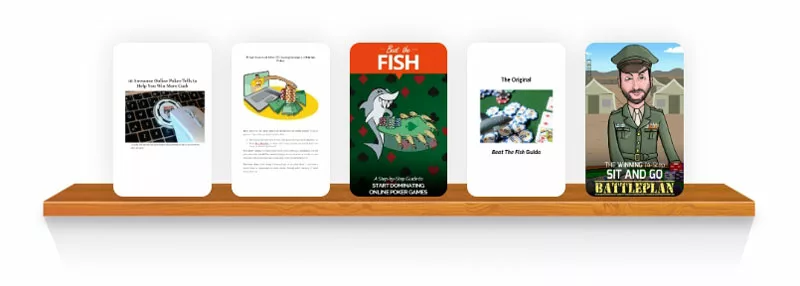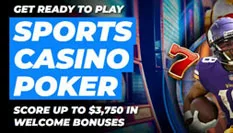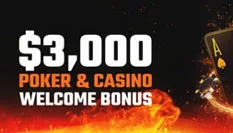These Methods Show How to Pay for Information

When playing online poker, recognizing betting patterns and trying to compare them with the hands your opponents have shown down is really the only way to get a realiable read on a player or what he’s holding in any given hand.
Another important mid-hand tool in no limit hold’em for inducing betting patterns and analyzing your position in a hand is to pay for information.
Table of Contents
When you should be paying for information
Most often, you’ll be willing to pay for more information with a good, but not great, hand where the right decisions can either maximize your value bets when you have the best hand or minimize your losses when you’re beat.
You are “paying” for the information by making a bet or raise with the intention of narrowing down your opponent’s range of holdings by his reaction.
You can’t check or fold for information. If you check out of position and your opponent bets, this tells you very little about the strength of his hand. Perhaps he has a monster or perhaps he just senses weakness and is trying to take the pot away from you.
If you call an opponent’s bet you haven’t learned anything, either. You’ve merely learned that your opponent is willing to bet and he could be doing it for a wide range of reasons.
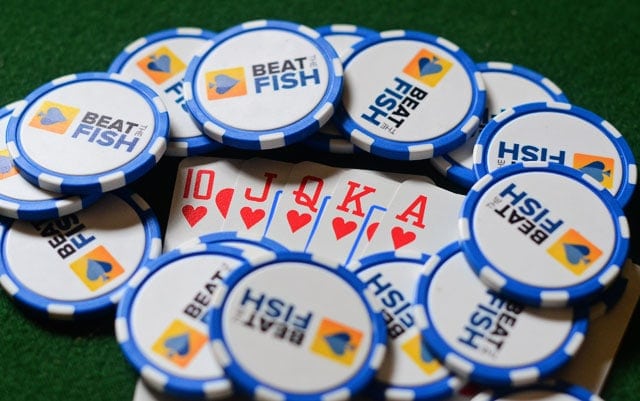
Information is only useful if you structure it properly
Once you’ve decided to pay for information, you need to make sure the information will be useful to you once you receive it. Just because you throw out a bet doesn’t mean that you can find out reliable information about your opponent’s hand.
You need to size the bet properly, use it in the right situations, and think critically about why your opponent reacts the way he does.
Let me try to display how this all goes together with a couple of examples:
Paying for information: Example 1
Let’s say that you’re playing a $1/2 no-limit Hold’em cash game and pick up A-K of hearts from the button. You’ve been playing for about an hour and have about $200 in front of you. Several other players have your stack covered.
A fairly straightforward and conservative player who has about $300 opens the pot from early position for $10.
What is the right move here?
Your three basic moves are to fold, call, or reraise. Obviously, you aren’t folding here with a premium hand and position on the raiser, so should you call or reraise? I’m not going to attempt to answer that definitively as it is largely situational and there is no true “correct” answer.

There is nothing “wrong” with calling and, in fact, it can be a good decision against a conservative player. If it was a loose-passive or loose-aggressive player raising you should tend to isolate him and build up a pot in position with a reraise.
Against a conservative player, I will just call with A-K suited in position about 30-40% of the time.
Try to pay for more information by re-raising
However, let’s look at how you can pay for more information by re-raising. Let’s say that you make a modest raise to $25 or $30. You’ve made a strong play and defined your hand.
Assuming everyone folds back around to the raiser, he’s most likely to do one of two things if he’s a conservative player:
- Put in a third raise (or go all-in) with Aces or Kings
- Call with anything less (unless he made an uncharacteristic play with trash).
His reaction here should give you golden information about his hand.
- If he puts you all-in you can safely fold the hand.
- If he just calls, you can probably deduce that he has a strong hand like pocket Jacks, Queens, or A-K as well and play accordingly on the flop.
Of course there are exceptions, but this is a perfect situation for gathering extra information with a bet.
Paying for information: Example 2
You’re in a $1/2 game and have K-J of diamonds on the button. Everyone, including you, has about an average stack of $200.
There are two limpers ahead of you from middle position and you just call as well with position. The small blinds folds and the big blinds checks. The flop brings a 9-K-2 of mixed suits.
The pot is about $10 and the earliest limper bets out $6 and the second limper folds.

How can you pay for information here?
In this situation you might want to raise. You don’t raise necessarily because you feel like you have the best hand. You very well may not with several players and a weak kicker.
However, raising here can save you money on the turn and river.
If you raise to about $15, you can pretty much decide if your hand is good at this point.
If you get re-raised you certainly are gone. If you get called you should probably fold to a decent bet on the turn or river. It’s unlikely that a hand worse than yours would bet out on future rounds unless it is a busted straight draw.
The conclusion is that by paying for information with $15 bet on the flop you either win the pot immediately or save money by calling future small bets.
If you call the $6 on the flop and then another, say, $12 on the turn, and $15 on the river praying that you somehow win in a showdown that adds up to $33. You can most likely find out that same information on the flop for less than half the price.
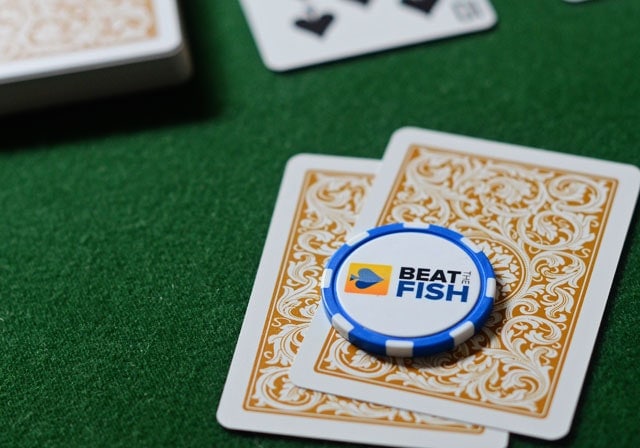
How paying some of your stack for more information can be a healthy strategy
As you can see from these two examples, it is preferable at time to pay for information even if it doesn’t win you the hand outright. If sized properly and made in the right situations, betting and raising can significantly narrow down the possible holdings of your opponent.
Also, betting and raising now can also save you money on later streets. Instead of just calling and leaving the pot control in your opponent’s hands, take back control and try to gain information by betting and/or raising.
